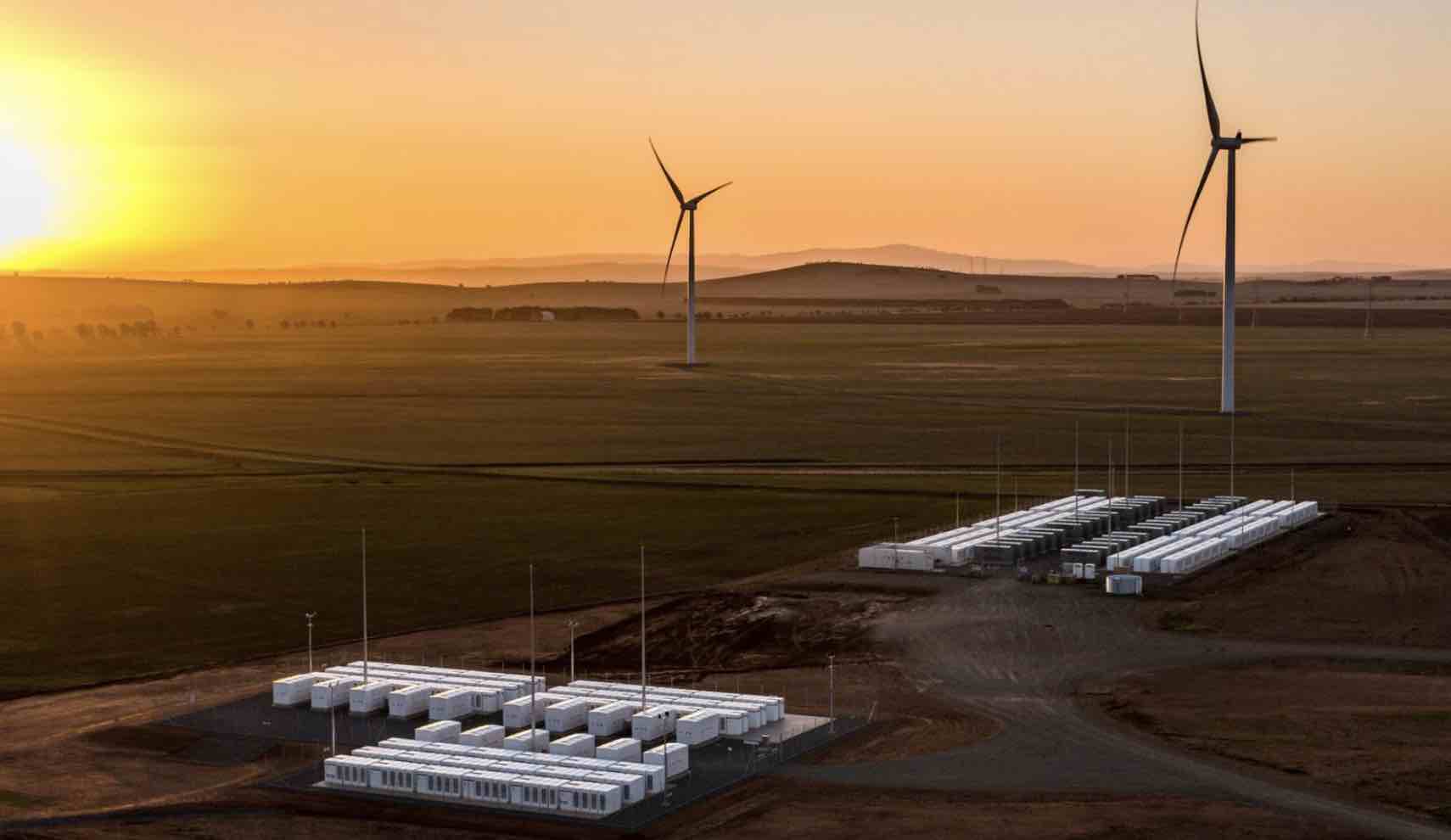I was going to mention the HPR's role in FCAS, because I remember how South Australia avoided a blackout a while ago when a QLD coal plant fell over, but it may not have done as good a job as initially reported.Actually, they do.Batteries are virtually non-existent, besides the couple that have been built in the last five years. They don't contribute much to anything.
September 2020 figures. They are bound to have increased since then.The Hornsdale battery, along with another Tesla battery at Lake Bonney and the Dalrymple North battery, were asked to play a key role stabilising the South Australia grid during the 17 days that the state was “isolated” from the rest of the main grid, and it reaped a huge bonus in revenue and profits in return.
That key role delivered a one-off profit boost of €16.4 million ($A27 million) in the first half, allowing Neoen to more than treble its total earnings before interest and tax from battery storage to €23.2 million from €6.9 million, and contributed to a 58 per cent boost to overall earnings in the first half to €148.2 million.
...
It’s important to remember also that the Hornsdale battery has delivered savings to consumers already estimated at more than $A150 million, and played key roles in keeping the lights on in a number of major network events.

Regulator takes Tesla big battery to court for failing to properly back up broken coal plant
Regulator takes Tesla big battery at Hornsdale to court over its alleged failure to deliver promised FCAS services when the country’s biggest coal unit tripped.
However it does seem to be the case that the battery has driven down the spot price for FCAS services by bidding against other generators.
